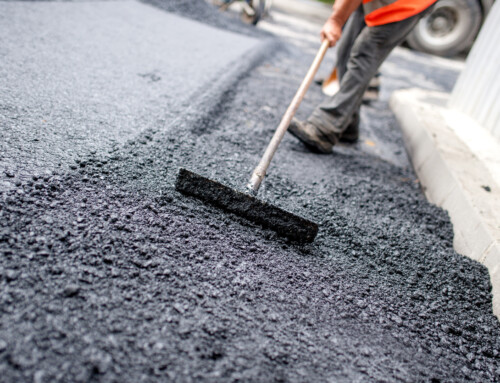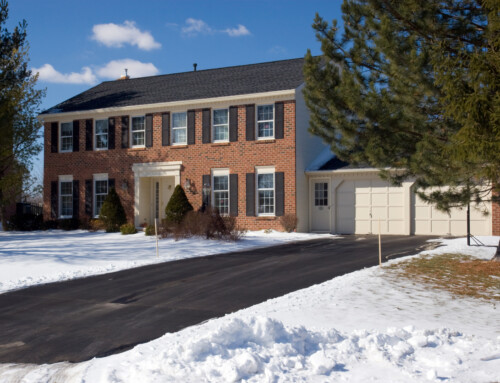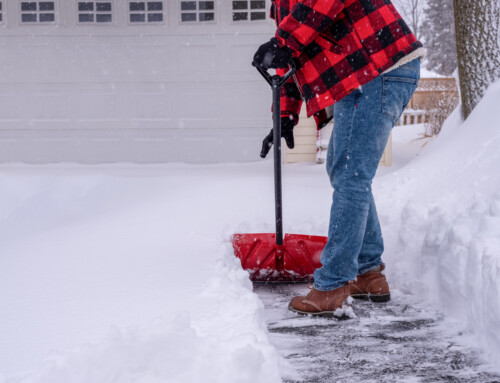Asphalt is durable and tough, but it does have its weaknesses. It is particularly susceptible to seasonal changes due to expansion and contraction. It is vital to prepare your asphalt for the changing seasons, and to seal, resurface, and repair it as needed to maximize its useful life. Here are 3 ways that seasonal changes affect asphalt.
Falling Temperatures
In the winter, temperatures both below and above the asphalt frequently drop below freezing. This can cause cracking to occur, allowing water to seep in. If the cracks are not addressed, the water can actually pool in the lower layers of the asphalt. It will then expand as it freezes, causing further cracking and even potholes.
Rising Temperatures
As the weather warms up, rising temperatures can also cause new cracks to form in the asphalt, allowing water penetration. At higher temperatures, the water will not freeze, but will instead cause erosion of the sub-layers. Eventually, an air pocket can develop, and any pressure on the top layer, such as the weight of a vehicle, can cause it to collapse and crumble into a pothole.
Rainy Weather
Fall and spring tend to bring increased rain. If your asphalt has developed any cracks during the summer or winter, rain water can seep into the asphalt, eroding the sub-layers, pooling, and waiting to freeze next winter. The problem is even worse if your asphalt happens to be on steeper terrain. Then, rain may wash away the petroleum binder from the asphalt little by little, eventually causing the aggregates and rocks to break away.
Protecting Your Asphalt from Seasonal Damage
The number one best way to protect your asphalt from damage due to seasonal changes is to have it sealed every few years. This adds an extra layer of protection against both rain and extreme temperatures. Remember to have the sealant inspected regularly, and the asphalt resealed as necessary.
In addition, make sure you inspect the asphalt frequently for cracks and holes, and have them repaired as soon as possible. A full repair can only be performed in warm weather, but emergency cold patches are available to get you through the winter. The faster you repair even minor surface cracks, the less likely your asphalt is to sustain worsening damage that could lead to far more expensive repairs.
Nothing lasts forever, and asphalt has an average life expectancy of approximately 20 years. If you keep yours in pristine condition, it could last far longer, while asphalt that is left alone may fail much sooner. Eventually, the asphalt will need to be replaced, but you can dramatically extend its lifespan by proactively taking care of it.
Based in Abbotsford, Topwest Asphalt also serves Langley, Chilliwack, Mission, and Maple Ridge. Are you ready to start your next asphalt project with a team you can count on to do the job right, on time, and on budget? We invite you to call Topwest Asphalt today at 1-800-ASPHALT to discuss your project and schedule an estimate. We look forward to working with you!





